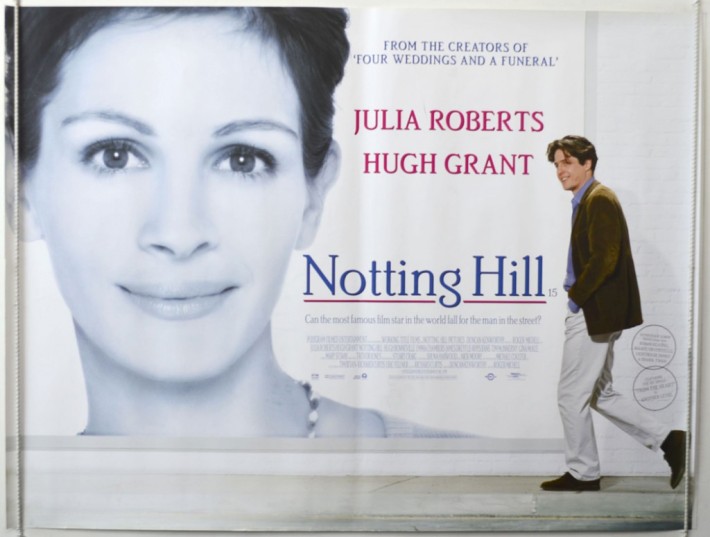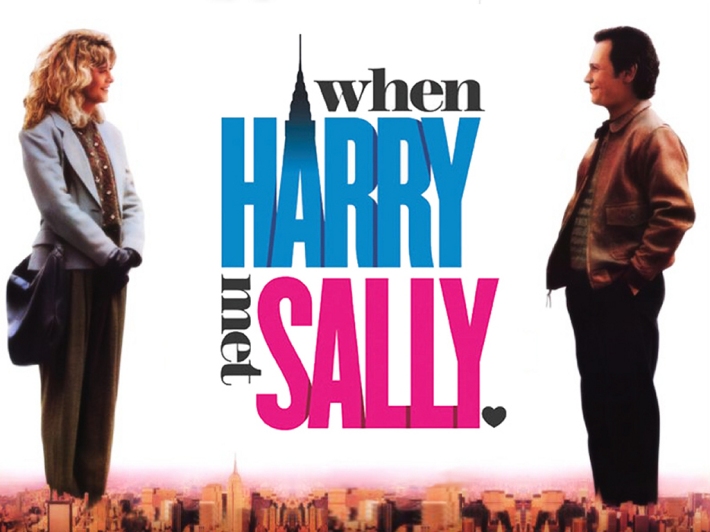Can Men Write Chick Lit?
There’s a bit of difficulty in figuring out what genre to market my novels in, given that I’m a man writing books with principally female leads and a romantic underpinning. But the books are also told from the male character’s point of view, have multiple narrative strands, and so far they also have strong storylines that address LGBT (lesbian, gay, bisexual, transgender) issues.
A brief from my editor to the cover designer for my next book, ‘Knowing Me, Knowing You’ says: “Genre: Hard to categorise strictly. In the main, contemporary women’s fiction (as the title suggests) but there are strong male characters, always a gay character, so it nods to crossover too.”
Chick Lit? Contemporary Women’s Fiction? Although I have no issues with either category, and greatly admire writers like Marion Keyes, Sheila O’Flanagan, Roisín Meaney, and Sophie Kinsella, I don’t see myself as a Chick Lit writer. I also believe that Chick Lit is a reductive term. There is a snobbery around it that dismisses ‘Chick Lit’ writers, and it puts certain readers off.
So, I’ve decided that I am not a Chick Lit writer. Nor am I a writer of Contemporary Women’s Fiction. I am a writer of Literary Rom Coms.
More than one interviewer during the publicity round for my last novel The Forced Redundancy Film Club, suggested that it would make a great movie. To my mind that’s not only because the book features lots of beloved classic movies, but also because I have a great love for rom com movies, particularly those written by Richard Curtis, who uses multiple narrative in Four Weddings and a Funeral, Love Actually and to a lesser extent in one of my favourite rom coms of all time, Notting Hill.
The inspiration for the romance in The Forded Redundancy Film Club is my favourite rom com of all time, When Harry Met Sally (which features as one of the movies in the book too). When writing the book I structured it like a screenplay, I used short scenes throughout the novel that had the function of moving the story along. The book also has an underlying soundtrack, with mentions of certain songs in almost every chapter to underpin the atmosphere.
At the end my two main characters share this moment of dialogue:
“Do you know what I’d like to do?” said Katherine.
“Walk off into the sunset?” asked Martin.
A little bubble of joy exploded in Katherine’s belly. “Maybe later,” she said. “But right now I’d like to dance.”
So, can men write Chick Lit? They certainly can write rom coms, as the Richard Curtis films prove. So, yes, of course we can. But just don’t call it Chick Lit!
The “walk off into the sunset” line is a deliberate cinematic reference. At the end of every rom com, our heroes walk off into the sunset. We know at the beginning of the film that this will happen, but the joy of a good rom com is seeing how they get there, despite their differences.
Posted on February 2, 2013, in Bits 'n' Pieces and tagged Chick Lit, Film, Four Weddings and a Funeral, Movies, Notting Hill, novel, Richard Curtis, Rom Com, When Harry Met Sally, Writing. Bookmark the permalink. 6 Comments.


I like reading chick lit that’s written by men. It gives it another perspective. I’ll look forward to your book once it’s out on Kindle.
Hi Louise, I’m glad to hear it. My last book is out on kindle: http://www.amazon.com/Forced-Redundancy-Film-Club-ebook/dp/B007TTGUEK/ref=sr_1_1?s=digital-text&ie=UTF8&qid=1359827237&sr=1-1&keywords=the+forced+redundancy+film+club
If you do read it, I’d love to know what you think!
B
I’ve downloaded a sample, it’s a little expensive for a kindle read (more than what I normally pay).
Skintflint
Brian, I’m kind of in the same situation as you. I wrote my book, Trinity, as a romantic comedy, but when I published it on Kindle some reviewers called it chick-lit, even though the protagonist is a man. Being labelled as a chick-lit author took some getting used to, but now I embrace it, and people can call me whatever they like if they’re enjoying my work. 🙂
I agree, Patrick. As long as people like it, that’s the most important thing. However I think my publishers have a little difficulty around marketing me and placing me, because I’ve a man’s name on the front of a book they consider chick lit.
Pingback: Chick Lit Round-up (November): Interesting Articles | Jennifer Gilby Roberts